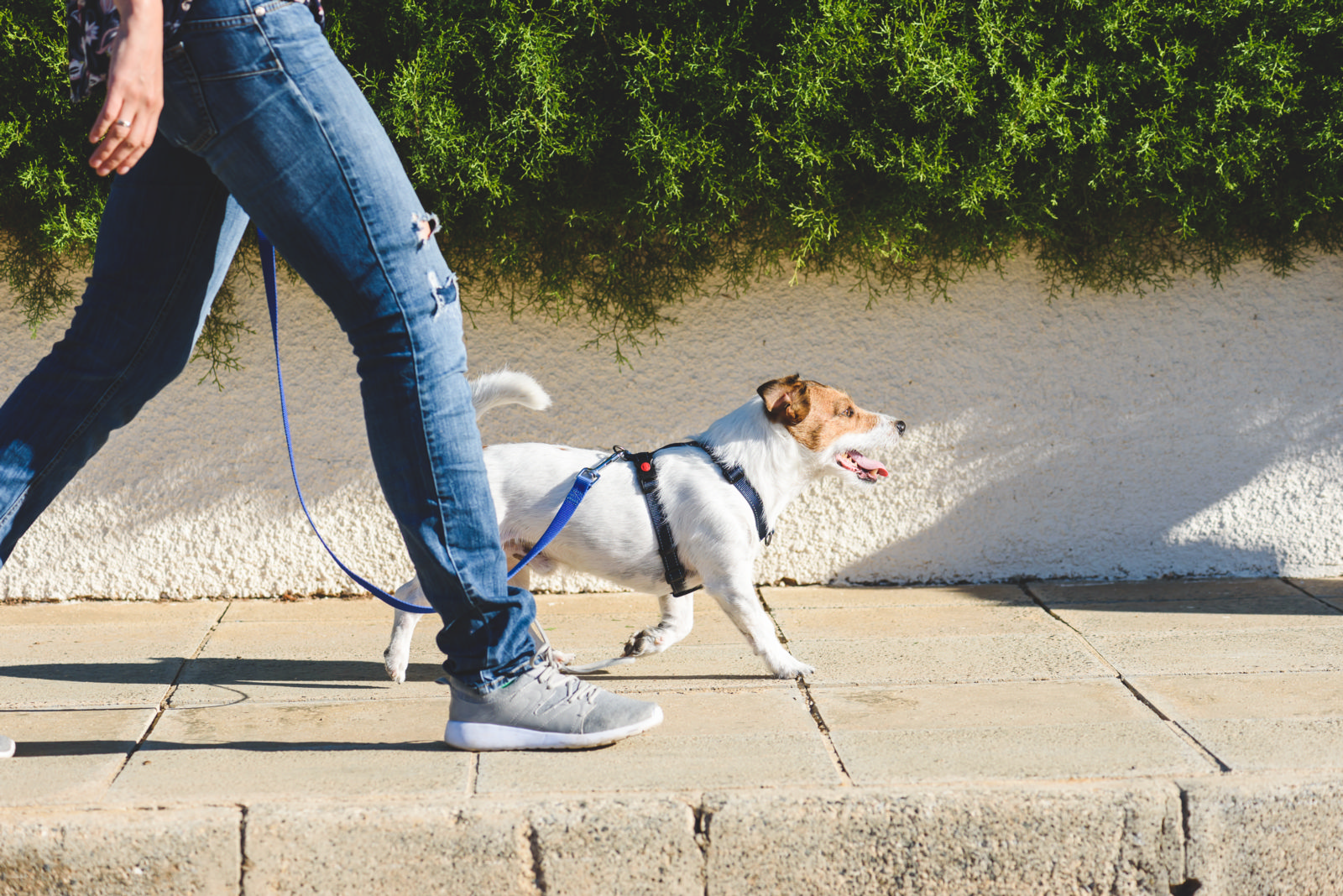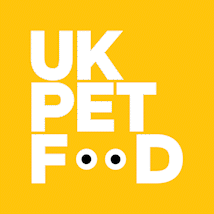Recent news reports may have left owners feeling concerned about the impact of Covid-19 on their pets. PFMA throws light on the latest science to reassure pet owners.
Pet Owners Don’t Need To Be Alarmed As Long As Gov Advice Is Followed
By Sarah Hormozi, PFMA Head of Science and Education
General Advice

As per guidance from UK Government, there is no evidence of the novel coronavirus circulating in pets or other animals in the UK and there is nothing to suggest animals may transmit the disease to humans. However, in line with the general advice on fighting the current pandemic, people should wash their hands regularly, including before and after contact with animals. More specific advice for pet owners can be found on Gov.Uk.
Background
World Organisation for Animal Health (OIE) states that the predominant route of transmission of COVID-19 is from human to human. However, now that infections are widely distributed in the human population, there is a possibility for some animals to become infected through close contact with infected humans. So far two dogs in Hong Kong and one cat in Belgium have tested positive to COVID-19 virus following close contact with infected individuals. Having said that, there is no evidence to suggest that animals infected by humans are playing a role in the spread of COVID-19.
USDA Confirmation of a positive test of coronavirus in a Tiger in a New York zoo
On 6 April 2020, The US Department of Agriculture (USDA) confirmed that a tiger at Bronx Zoo, New York, has been tested positive for SARS-CoV-2 (the virus that causes COVID-19 in humans). This tiger started showing respiratory symptoms on 27 March and was tested after several lions and tigers also showed symptoms of illness. The zoo had been closed to the public since mid-March and the large cats are believed to have become sick after being exposed to an asymptomatic zoo employee. There is currently no evidence that other animals at Bronx Zoo, or any other zoo, are affected. The affected tiger and few other large cats are under veterinary care and expected to recover.
USDA concludes that, although there have been no reports of pets becoming sick with COVID-19 in USA, anyone sick with or showing symptoms of COVID-19 should restrict their contact with pets, just as they would with other people, until more information is known about the virus.
Recent study supports existing advice that companion animals don’t play a role in COVID-19 pandemic
Since the early stages of the pandemic, WHO and OIE have been repeatedly stating that the predominant route of transmission of COVID-19 is from human to human, and that there is no evidence that companion animals have spread the disease.
Now a new study, reported in Nature journal on 1 April 2020, further supports this existing theory by providing new data. The study, conducted at Harbin Veterinary Research Institute in China, looked at susceptibility of a range of species to the coronavirus that causes COVID-19. The results showed that cats, exposed to high doses of the virus in a laboratory environment, can be susceptible to the virus and spread it to other cats, but no direct evidence to show infected cats secreted enough coronavirus to pass it to humans.
They also found that dogs, chickens, pigs and ducks are not susceptible to the COVID-19 coronavirus, but ferrets could be highly susceptible to it.
The report concluded that the focus in the control of the global COVID-19 pandemic undoubtedly needs to remain on reducing the risk of human-to-human transmission.
Conclusion
The current spread of COVID-19 is a result of human to human transmission. To date, there is no evidence that companion animals have spread the disease. Therefore, there is no justification in taking measures against companion animals which may compromise their welfare (OIE).
Currently, there is no evidence that companion animals are playing a significant epidemiological role in this human disease. However, because animals and people can sometimes share diseases (known as zoonotic diseases), it is still recommended that people who are sick with COVID-19 limit contact with companion and other animals until more information is known about the virus.

During the current crisis pets continue to provide companionship, emotional support and consistency in the lives of their owners, which are estimated to be almost half of UK households. The physical and mental health benefits of pet ownership, in encouraging exercise, reducing loneliness and anxiety, and providing structure and daily routine, are evident now more than ever. Pets should continue to receive the care they need for optimum health and welfare, during the current pandemic. PFMA will keep monitoring the new science and collate information from UK Government departments and organisations such as the British Veterinary Association (BVA) to keep the UK pet food manufacturing sector, and pet owners, informed.




